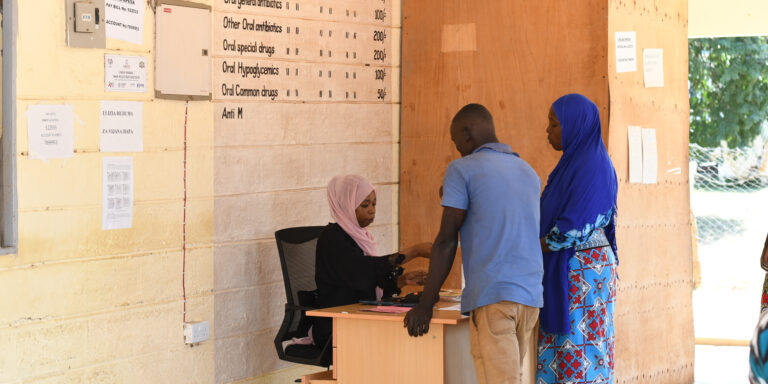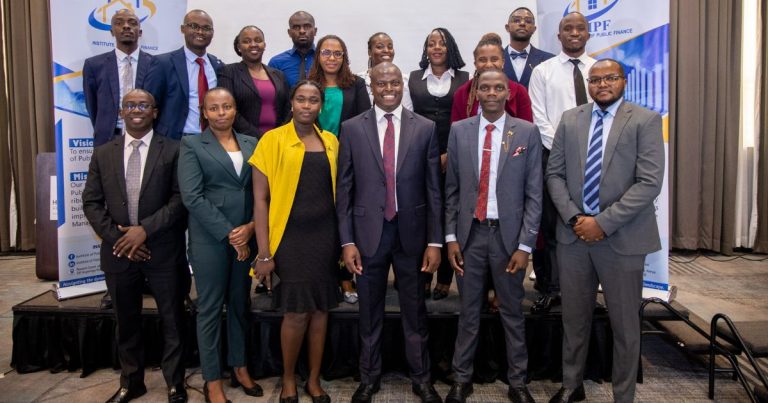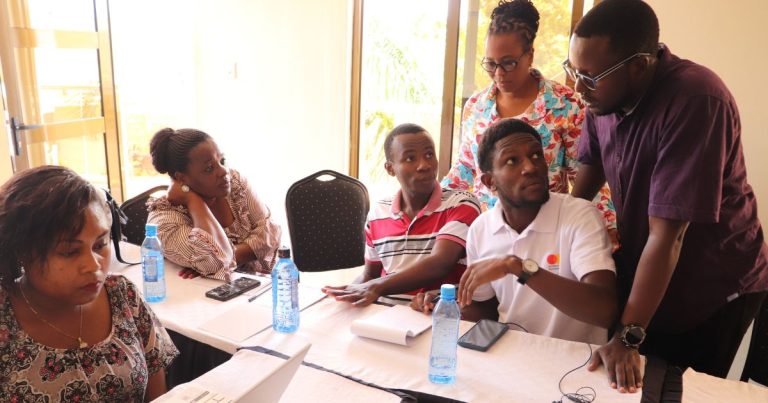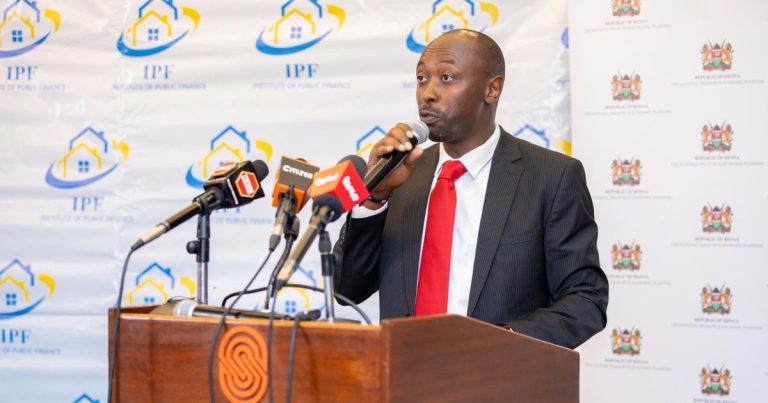Montesquieu, in “The Spirit of Laws” argues that taxation requires “great wisdom and caution” as it involves the delicate task of determining what rightfully belongs to citizens.[i] Recognizing this challenge, modern democracies seek to base their tax policies on legal principles such as transparency and equity. However, the anti-Finance Bill 2024 protests revealed that Kenyans lack confidence in the government’s ability to exercise “great wisdom and caution” in the development of taxation measures. This revelation reflects the fact that tax laws in recent years have deviated from constitutional principles of public participation, equity, transparency, and accountability. With Kenya aiming to increase its revenue-to-GDP ratio from 14 percent to 20 percent by 2027, the government must anchor future tax reforms on these fundamental constitutional principles to restore confidence in the country’s public finance management. [ii]
Starting with participation, the state must seriously consider the public’s proposals and provide concise feedback on differing views. The recent Court of Appeal judgement on the Finance Act 2023 found that there was no feedback on various controversial tax measures, such as the doubling of VAT on fuel or the lowering of the threshold for turnover tax from Ksh 50 million to Ksh 1 million.[iii] Similarly, in the 2024 Finance Bill, although lawmakers attempted to respond to public concerns, the lingering distrust caused by the flawed public participation process in 2023 reignited frustrations, sparking protests that culminated in the Bill’s entire rejection.[iv] It is therefore imperative that, lawmakers change their approach towards public participation in tax legislation by ensuring that they meaningfully involve and listen to citizens at every stage of the process.
When it comes to equity, both the Finance Act 2023 and Finance Bill 2024 proposed various inequitable measures, such as the housing levy and the motor vehicle tax. While these measures aimed to broaden the tax base and promote public benefits, they also undermined horizontal equity. The housing levy was deemed inequitable by the High Court as it was based on scanty legal framework that failed to provide a clear rationale for its imposition and unjustifiably excluded informal earners who could have contributed to affordable housing. [v],[vi] Although the Affordable Housing Act 2024 extended the levy to informal sector earners, a clear policy framework for implementation is still lacking.[vii] Additionally,, the motor vehicle tax was inequitable as it applied to all vehicles, including those not generating income, without accounting for the multiple layers of taxation already paid by vehicle owners.[viii] It is thus crucial to draft or revise tax provisions with caution, informed by thorough analyses of their potential impacts on equity.
Lastly, the state should strengthen transparency and accountability by comprehensively communicating the rationale and expected revenue of new tax measures, as well as ensuring that the tax collected is used responsibly. Both the Finance Bill 2024 and Finance Act 2023 failed to offer reasons for the proposed tax measures and their expected revenue generation. Additionally, the state continually fails to adhere to the principle of accountability in the prudent management of revenue by funding unconstitutional offices and duplicating functions between state departments.[ix] This undermines the validity of new tax measures, as the generated revenue finances the unconstitutional wants of the state. To restore the lost confidence, the government should endeavour to promote greater transparency and accountability by communicating effectively on tax measures and reducing wastage in fiscal expenditure.
In conclusion, the anti-Finance Bill 2024 protests vividly demonstrated that Kenyans have lost confidence in the state’s ability to manage taxation. To foster public support for future tax reforms, the state should ensure that tax reforms rest firmly on constitutional principles of public participation, equity, transparency, and accountability.
Written by Daniel Murakaru, Legal- Research Fellow.
[i] C Montesquieu, “The Spirit of Laws: Of the Relation Which the Levying of Taxes and the Greatness of the Public Revenues Have to Liberty” [1748] vol. 1.
[ii] Republic of Kenya the National Treasury and Economic Planning, “The Medium-Term Revenue Strategy: An Approach for Enhancing Domestic Revenue FY 2024/2025 -2026/2027” (2023) p 19.
[iii] The National Assembly and another v Okiya Omtata Okoiti and 55 Others [2023] para 187-190.
[iv] See, Republic of Kenya National Assembly, “Orders of the Day, Tuesday June 25th 2024 at 9:30 a.m.” (2024) p 1486 -1536;Also see Hansard Reports 25th June 2024 can be accessed at https://www.youtube.com/watch?v=NOYKR8I1_dE&feature=youtu.be
[v] Republic of Kenya the National Treasury and Economic Planning, “2023 Budget Policy Statement: The Bottom-Up Economic Transformation Agenda for Inclusive Growth” (2023) para 17; The Affordable Housing Act 2024 (Title).
[vi] Okiya Omtata and 6 Others v The Cabinet Secretary National Treasury and 3 Others [2023] para 21-217.
[vii] The Affordable Housing Act 2024, s 4(2).
[viii] Finance Bill 2024, Clause 9.
[ix] Institute of Public Finance, “Annual National Shadow Budget 2024/2025: Budgeting in an Era of Fiscal Consolidation: Protecting Key Priorities” (2024).













